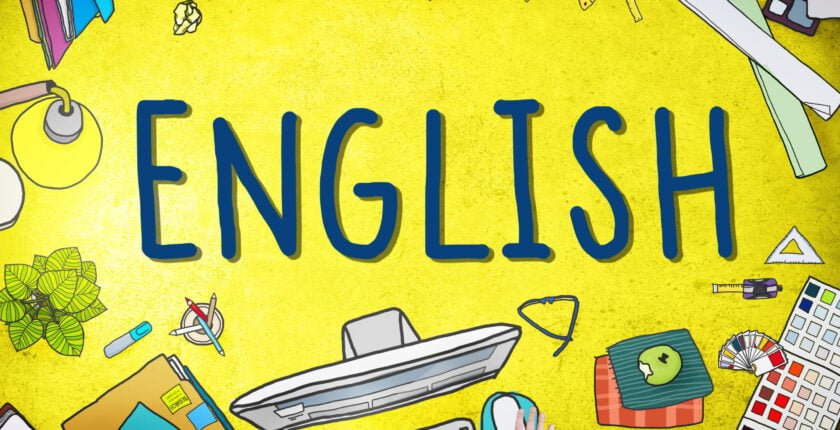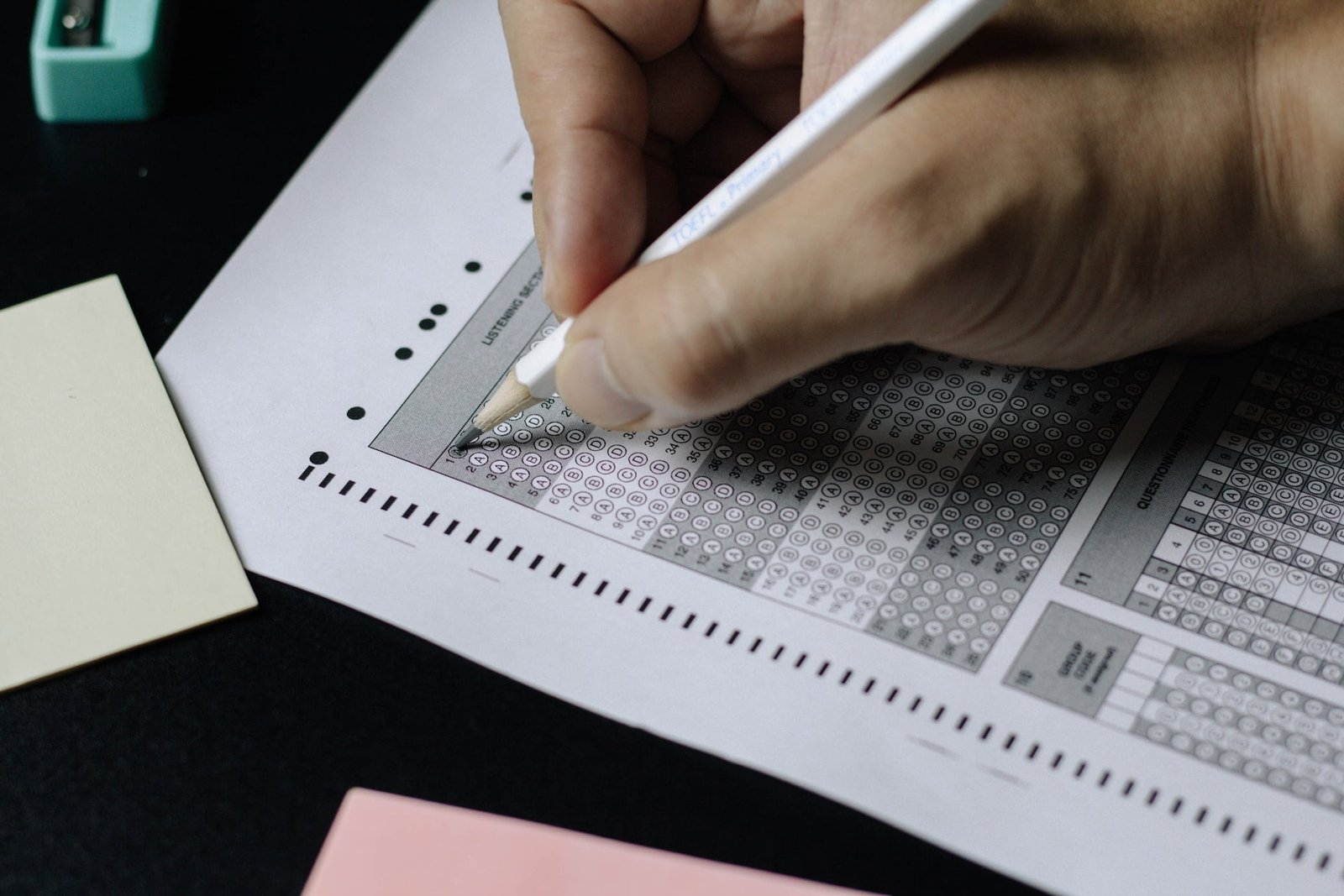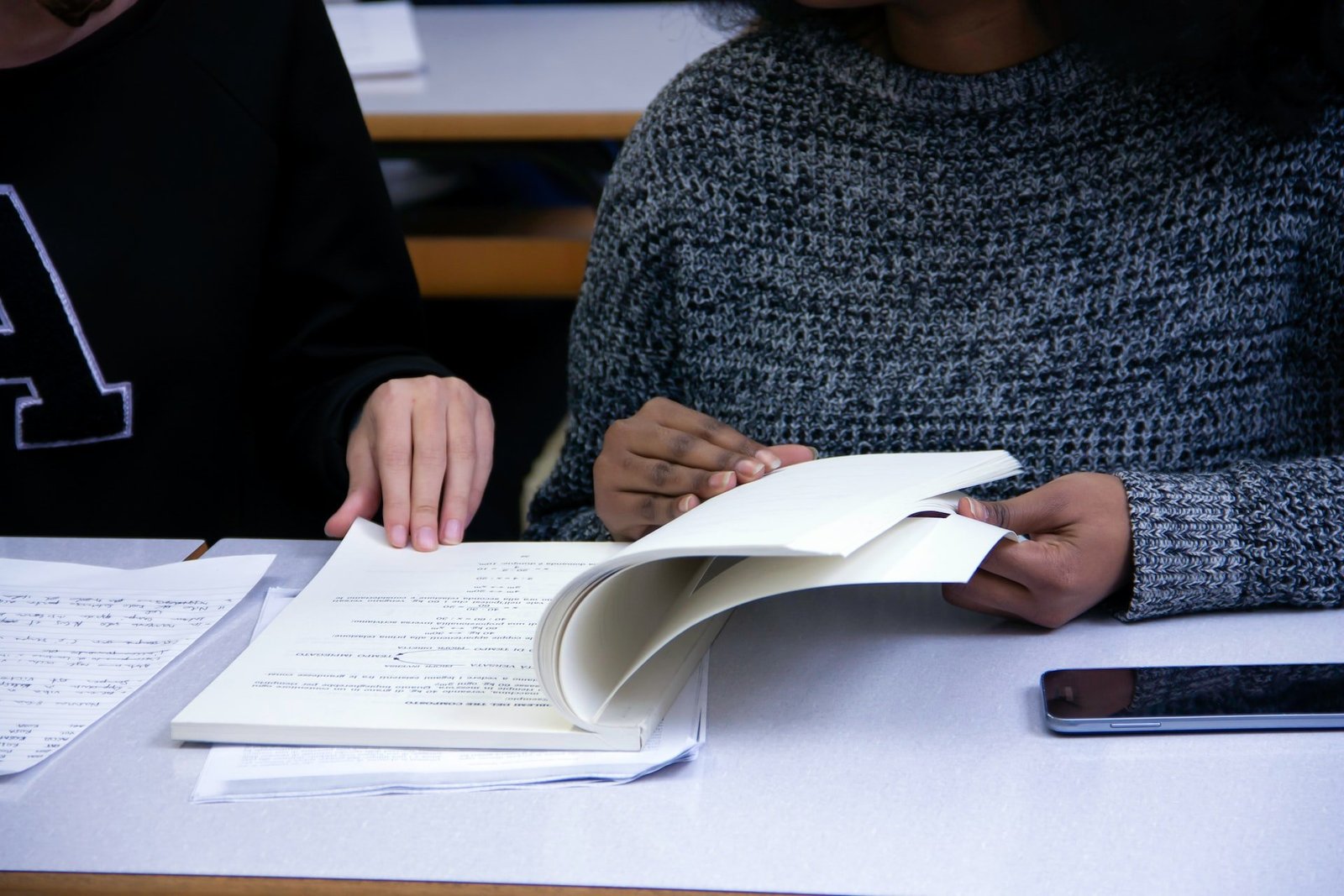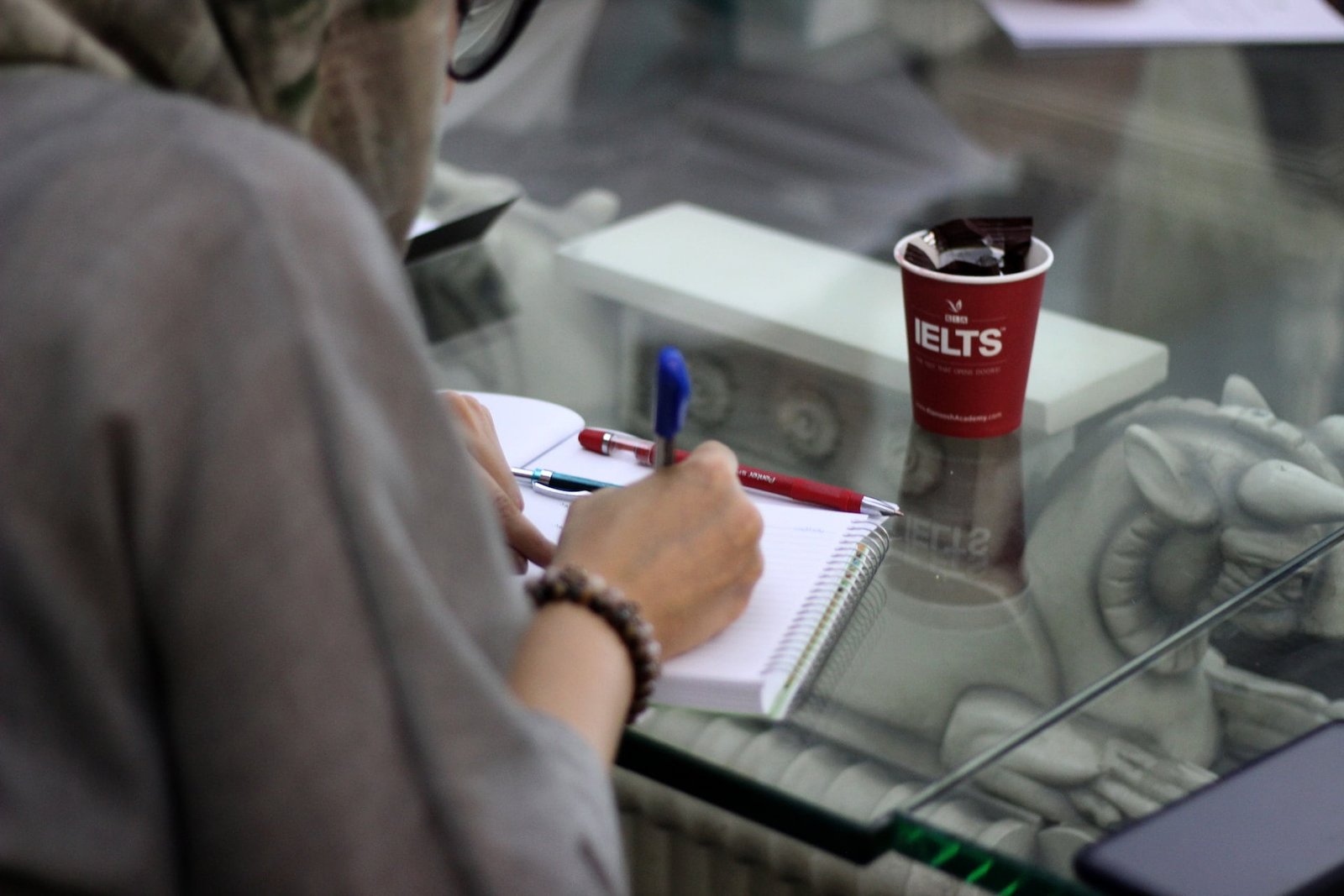- 030 244 2330
- info@preconceptacademy.com
IELTS: Everything You Need to Know: Exam Preparation, Test Structure and Passing Tips
- November 17, 2022
- Posted by: Joeyboadi
- Category: ESL

The IELTS test is a common, standard assessment of English as a Foreign Language. It is used by universities and colleges around the world as an indicator of prospective student’s ability to succeed in programs where English is the primary language of instruction. If you are planning to study or work abroad, you may need to take the IELTS test. This article will tell you everything you need to know about IELTS so that you can be better prepared if you are thinking about taking the test or want to improve your score if you have taken it before. From what it measures, to how you can prepare for it, this blog post covers all the essential details about this test.

What is the IELTS test?
The IELTS exam is designed by the British Council and the University of Cambridge to assess the language proficiency of people who want to study or work in an English speaking country. There are two versions of the test – Academic and General Training. Both versions are accepted by thousands of institutions and employers around the world. The Academic version is used for students applying to study an English-speaking program at a university or an English-speaking graduate program. The General Training version is used by people who need English for work purposes. This includes people applying for work visas, immigration or permanent residency. Anyone who is 16 or above can take the Academic and General Training versions of the test. The General Training version is offered to people aged 16 years and above, and the Academic version is offered to people aged 16 years and above with some conditions.
Why take the IELTS test?
The IELTS test assesses your English language ability at an advanced level. It can be used to assess English proficiency for immigration, academic or professional purposes. IELTS scores are used by universities, colleges and employers to measure English language ability. It is an international standard that is accepted by more than 9,000 organizations in more than 110 countries.
Who takes the test and why?
The IELTS test is used by students and professionals who plan to study or work in an English-speaking country. This includes people who want to study at a university or English-language college in an English-speaking country or work for an international company in an English-speaking country. You may be required to take the test if you are applying for a work visa or for academic or professional programmes. You do not need to book a test in advance. You can take the test whenever you are ready, based on your own schedule. When you are ready to take the test, you can find a testing centre close to you. There are thousands of testing locations around the world, including many in the USA. The IELTS test is used by students and professionals who plan to study or work in an English-speaking country. This includes people who want to study at a university or English-language college in an English-speaking country or work for an international company in an English-speaking country. You may be required to take the test if you are applying for a work visa or for academic or professional programmes.
IELTS Test structure
The IELTS test is made up of four parts: Listening, Reading, Writing, and Speaking. For each part, you have to get a score of at least Band 6 to pass the test. In total, the test has a total of 9 bands, ranging from 0 to 9. The higher the score, the better your English proficiency level is. All parts of the IELTS test last for about 45 minutes. The Speaking Test lasts for about 10 minutes and the Writing Test lasts for about 50 minutes. The Reading and Listening Tests last for about 25 minutes. For each part of the test, you will need to write a response to a question. Some parts of the test may include reading or listening to information and then answering questions about the information you have read or heard. The order of the parts of the test may vary from test to test.
How to prepare for the IELTS test?
The best way to prepare for the IELTS test is to study English with a focus on improving your reading, writing, and speaking skills. If you are still in school, you can ask your teachers for help. Here are some things you can also do to improve your English abilities and prepare for the IELTS test: – Practice with authentic texts that are similar to the content in the IELTS test. – Make your own speaking and writing practice, even if it’s just for 15 minutes a day. – Focus on your weaknesses, and put extra time and effort into improving those skills. – Join a language exchange and meet with a language exchange partner. – Try to get a job, volunteer, or do something that requires you to use English in real-world situations. – Try to integrate yourself in an English-speaking community.
IELTS Speaking Test Tips
– Prepare a few talking points. If you’re not sure what to talk about, try to pick a topic that is related to the situation or circumstances you’re in. – Be ready for the unexpected. You can never predict what the examiner will ask you. So, be ready for any situation. – Be positive. Even if you face some challenges during the test, stay positive and try to find solutions for them. – Be creative. Try to be creative and think out of the box. – Be natural. Try to be as natural as possible and don’t try to act too formal.
Conclusion
The IELTS test is used by universities and colleges around the world as an indicator of prospective student’s ability to succeed in programs where English is the primary language of instruction. If you are planning to study or work abroad, you may need to take the IELTS test. This article will tell you everything you need to know about the IELTS test. From what it measures, to how you can prepare for it, this blog post covers all the essential details about this test. Now that you know everything you need to know about the IELTS test, there’s no better time than now to prepare for the test!






